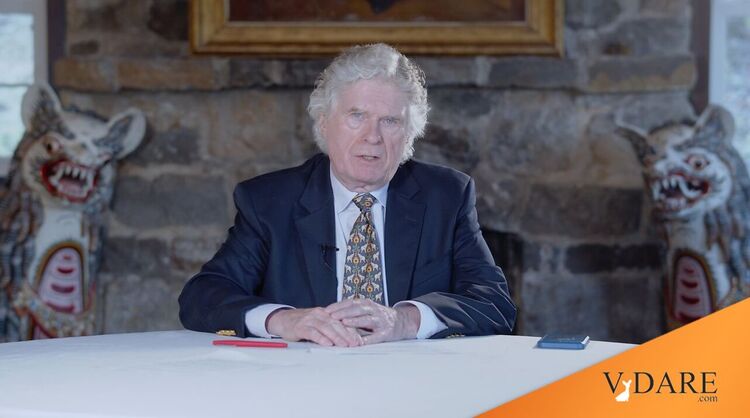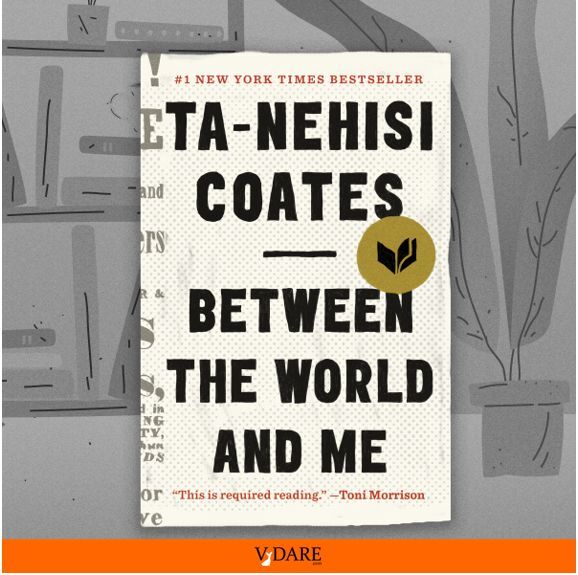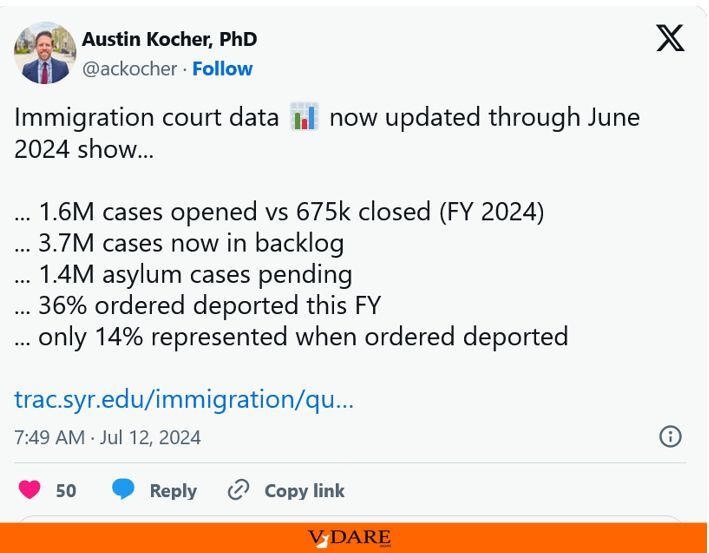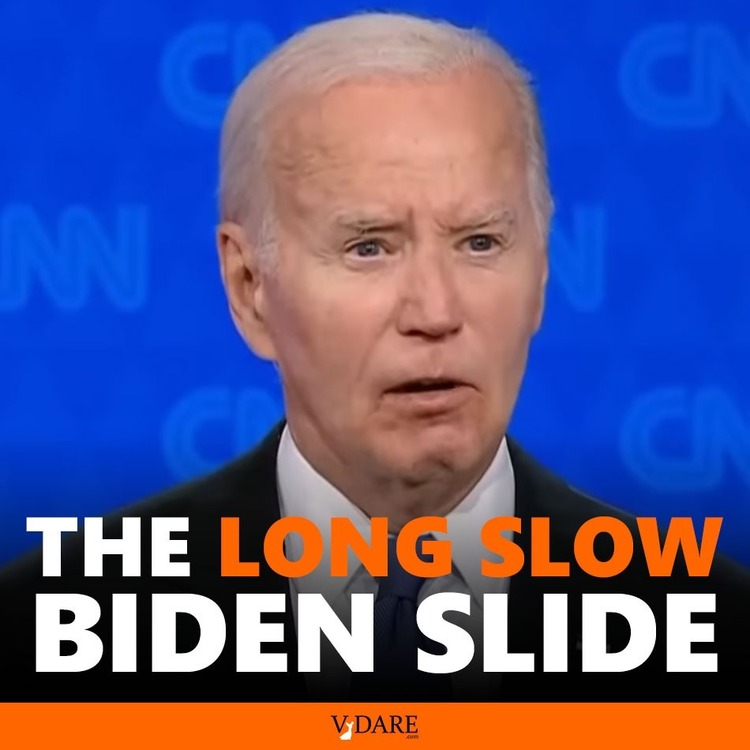From Buzzfeed:
The Anxiety Of Being Marco RubioAn alternative interpretation is that Rubio was right to be extremely nervous that signing on with Chuck Schumer on immigration could backfire disastrously on his career. But Rubio is surrounded by Miami Republicans to whom turning America into Latin America Norte is not a worry but a goal, so their cluelessness eventually wore down his political instincts.Rubio’s flustered debate performance revealed something his close friends and allies have long known about him. “Marco, calm down.” This story is partially adapted from my book, The Wilderness.
posted on Feb. 9, 2016, at 4:00 a.m.
McKay Coppins BuzzFeed Staff
… But more than age, record, or wardrobe, it is Rubio’s natural nervousness that makes him seem to so many who know him like he is swimming in his dad’s sport coat. ..
This hemming and hawing continued into his Senate career, especially after 2012 when high-powered political allies in Miami began lobbying him to join the Senate’s bipartisan push to overhaul immigration.
Sympathetic to the cause but wary of the politics, Rubio went back and forth for weeks, talking through an endless loop of pros and cons, and agonizing over every potential pitfall. To his supporters at the Biltmore — a Miami political hub where he had long ago earned the diminutive nickname Marquito — there was little patience for his trademark tentativeness.
Ten valor, Marquito! came the refrain from the Biltmore chorus. Have courage!
“What’s the point of having political capital if you’re never going to use it?” Ana Navarro, a GOP commentator (and current Bush supporter), demanded during one early conversation with Rubio.
“He just lets these little things get to him, and he worries too much,” a Miami Republican complained after spending close to an hour sitting next to Rubio on a flight as he fretted over a mildly critical process story about him in the National Journal. “I’m just like, ‘Marco, calm down.’”
Even Jeb Bush Jr. expressed frustration with Rubio in an interview with BuzzFeed News late in 2012. “He’s got to actually execute and get something done, rather than just talking,” he grumbled.
When Rubio did eventually commit to joining the Gang of Eight he went all in, eagerly blitzing conservative media to sell the effort, convinced that his star power would ultimately win over the Right.
Instead, his pitch was met with an organized right-wing backlash and an onslaught of weaponized memes (like the “Marcophone”) designed to advance a campaign of misinformation.
Feeling cornered, Rubio ordered his office in a fit of pique to push back hard against the right-wingers spreading false information. His aides churned out statements debunking “myths” about the immigration bill and calling out conservative reporters by name for perpetuating them. Rubio himself became testy during interviews and obsessed with correcting the record at the expense of all else. This strategy only inflamed the opposition, and before long his national favorability rating had plummeted among Republicans, while tea partyers were practically hoisting pitchforks in protest of his ideological betrayal. Rubio was distraught.
“To hear the worry, anxiety, and growing anger in the voices of so many people who helped me get elected to the Senate, who I agree with on virtually every other issue, has been a real trial for me,” he admitted in a speech the day before the bill passed the Senate.
In private, Rubio looked like he was mourning the death of his career (or at least his White House dreams) as he plodded through the fallout, aides recalled. And once it became clear there was no chance of the legislation becoming law, the senator pulled a one-eighty and publicly withdrew his support for the bill.











